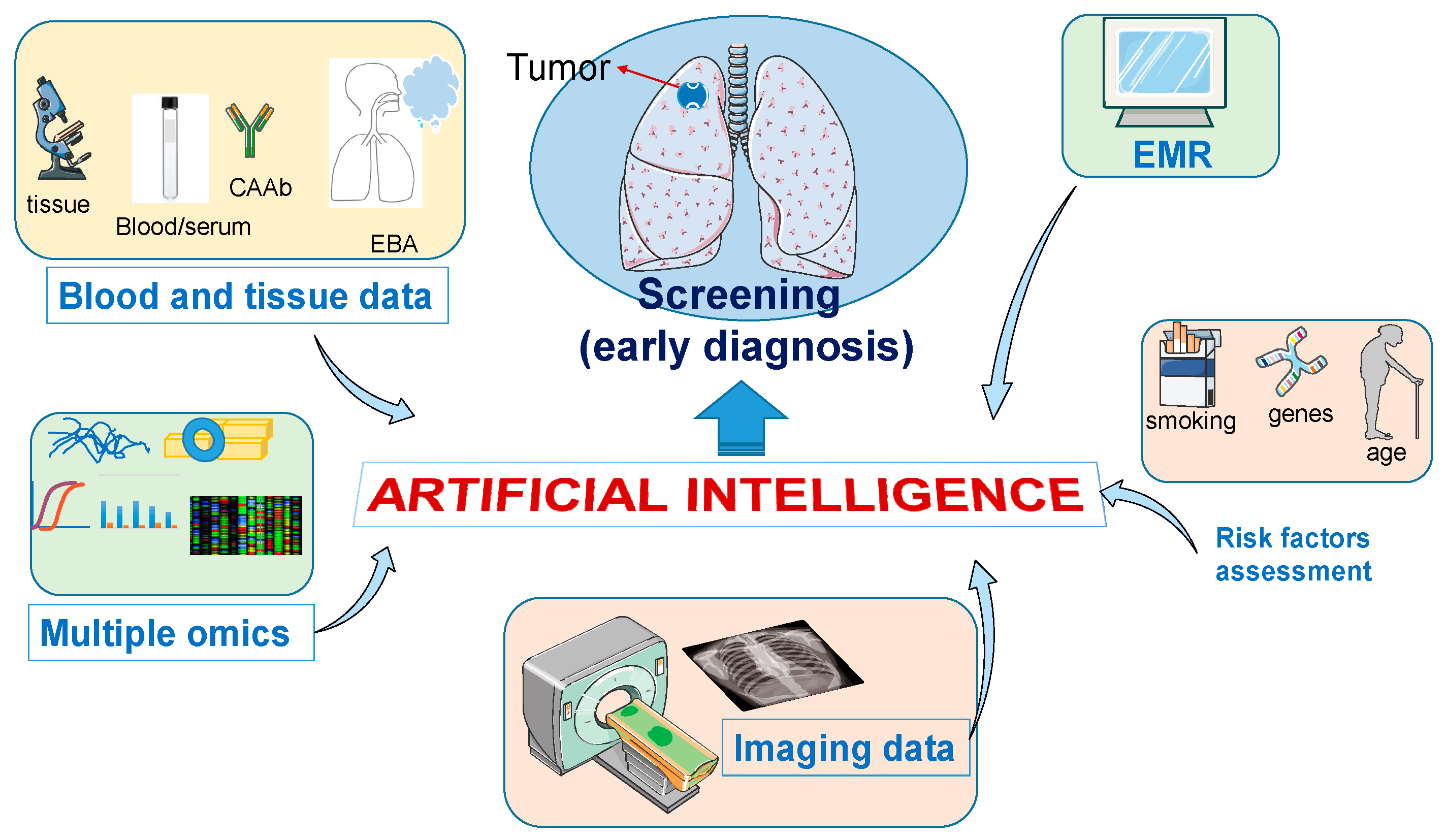
AI Explores the Frontiers of Cancer Detection and PrognosisAI Explores the Frontiers of Cancer Detection and Prognosis Artificial intelligence (AI) has emerged as a transformative force in healthcare, revolutionizing the way we diagnose and treat diseases. In the realm of cancer, AI has made significant strides in enhancing cancer detection and prognosis, offering new hope for patients and clinicians worldwide. Early Detection AI algorithms can analyze vast amounts of medical data, such as imaging scans, pathology slides, and electronic health records. Using advanced machine learning techniques, AI systems can identify patterns and anomalies that are often missed by human observers. This enhanced detection capability enables earlier diagnosis, which is crucial for improving patient outcomes. For instance, AI-powered mammography systems have been shown to detect breast cancer with greater accuracy than traditional methods, reducing the risk of false negatives and leading to timely intervention. Similarly, AI algorithms can analyze cervical cancer screening results to identify potential abnormalities that may require further investigation. Personalized Prognosis Beyond detection, AI also plays a vital role in predicting the prognosis of cancer patients. By analyzing patient-specific data, including tumor characteristics, treatment response, and genetic profiles, AI algorithms can assess the likelihood of disease progression, recurrence, and survival. This information empowers clinicians to tailor treatment plans to the individual needs of each patient. For example, AI-based models have been developed to predict the risk of metastatic spread in prostate cancer. This information can guide decisions about whether to administer adjuvant therapy, which can improve overall survival. Similarly, AI algorithms can assess the likelihood of recurrence in breast cancer, helping clinicians determine the optimal surveillance and follow-up schedule for patients. Treatment Optimization AI is not only transforming cancer detection and prognosis but also aiding in the development and optimization of treatment strategies. By analyzing large datasets of clinical trials and patient outcomes, AI systems can identify the most effective therapies for specific types and stages of cancer. Moreover, AI algorithms can simulate the effects of different treatment combinations, helping clinicians predict the potential benefits and risks associated with each approach. This information can optimize treatment planning, reducing uncertainty and improving patient outcomes. Future Prospects The integration of AI into cancer detection and prognosis is an ongoing and rapidly evolving field. As AI technology continues to advance, we can expect further breakthroughs that will revolutionize the way we fight this devastating disease. Future applications of AI in cancer may include: * Automated diagnosis and grading of tumors * Real-time monitoring of tumor growth and response to therapy * Personalized cancer vaccines tailored to the patient’s immune profile * AI-powered prediction of drug resistance and development of novel treatment strategies By unlocking the potential of AI, we can empower clinicians with unprecedented insights into cancer detection, prognosis, and treatment. This transformative technology holds the promise of improving patient outcomes, reducing healthcare costs, and ultimately eradicating cancer as a major threat to human health.
Posted inNews